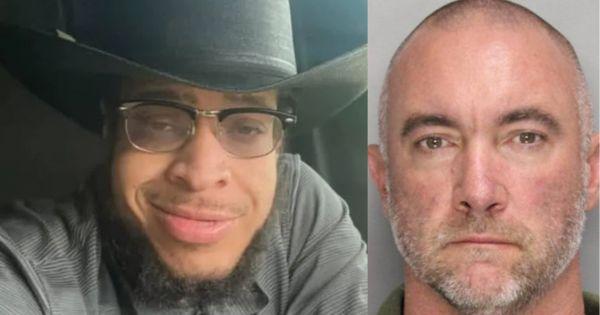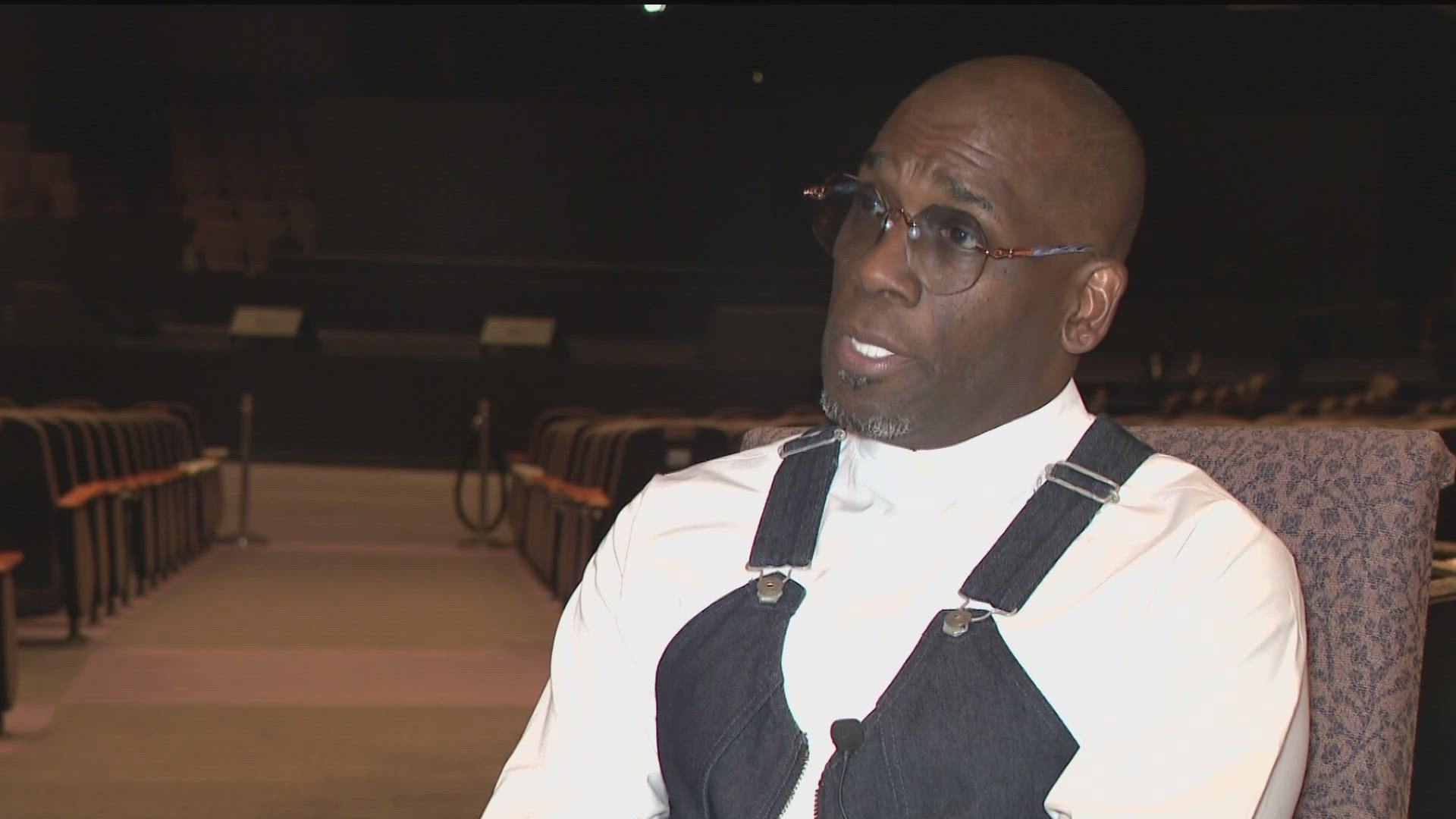AN 84-year-old mom has entered a tedious fight with her bank after losing nearly all her life savings in a devastating scheme.
Madeline Slade says she was tricked into disclosing her private information to a scammer pretending to be a bank official who took $20,000 out of her account.

Madeline Slade, 84, telling WGGB-TV about Bank of America’s refusal to help her after she was scammed out of $20,000Credit: WGGB

A text from someone claiming to be a Bank of America fraud department representative tricked Slade into losing her life savingsCredit: WGGB

Slade reenacting how she disclosed her personal information to scammers over a five-hour phone conversationCredit: WGGB
When Slade approached Bank of America to get her money back, she was repaid for two $3,000 transfers and a $55 meal – but never got the full amount back.
“To give me back that, but not to follow through on the wire transfer is just mind-boggling,” Slade told ABC and Fox affiliate WGGB-TV.
Bank of America reportedly told Slade they couldn’t reimburse the total amount because the excessive spending didn’t seem abnormal.
“It basically said it fits the general practices of my mom’s banking behavior,” Slade’s son, Mark, told the outlet.
“I’m not quoting that language. I don’t have the letters in front of me.
“The challenge is my mom has never done a wire transfer.”
Bank of America told The U.S. Sun, “In cases like Ms. Slade’s, we attempt to recover the stolen funds from the receiving account, but there is no guarantee once the client has authorized the payment.”
The messy situation began when Slade received a text in July asking if she had authorized a payment to Geico.
The Massachusetts resident then got a call from a person named Jordan who said they were with the Bank of America fraud department.
Over five hours, Slade was manipulated into giving away her private information while she was told she was verifying transactions and protecting her bank account.
Slade’s daughter, Sharon, even sat in on the call and said there was nothing about the conversation that raised red flags.
“Sophisticated, very professional, and so there wasn’t anything initially, obviously, that clued us into that this was not an actual Bank of America fraud representative,” Sharon told WGGB-TV.
However, Bank of America told The U.S. Sun, “Bank of America representatives will never call and ask a client to send money through a wire or any digital payment platform to themselves or anyone, ever.
“Clients are encouraged to send money only to people they know, personally.”
After Slade confirmed her personal information, she then found $20,000 missing from her savings account.
“It turned out it went down to South Carolina and then from there, it went to somebody, who is in prison in Florida,” Slade said.
Slade said she and her family have worked tirelessly to get her money refunded, but have only been met with denial letters.
“You name it, between Mark and Sharon, my 𝘤𝘩𝘪𝘭𝘥ren, we have tried everything, everything,” Slade said.
As Slade fights for her money back, anti-fraud legislation has been brought before Congress by Connecticut Senator Richard Blumenthal and Massachusetts Senator Elizabeth Warren.
The Protecting Consumers from Payment Scams Act would put more guardrails on the already-existing Electronic Fund Transfer Act.
The current law doesn’t require banks to reimburse customers tricked by scammers.
Top banks only reimburse 38% of unauthorized Zelle transaction claims, leaving customers with over $100 million in fraud losses, Blumenthal said during a hearing last summer.
Bank of America, JPMorgan Chase, and Wells Fargo disputed his claim.





